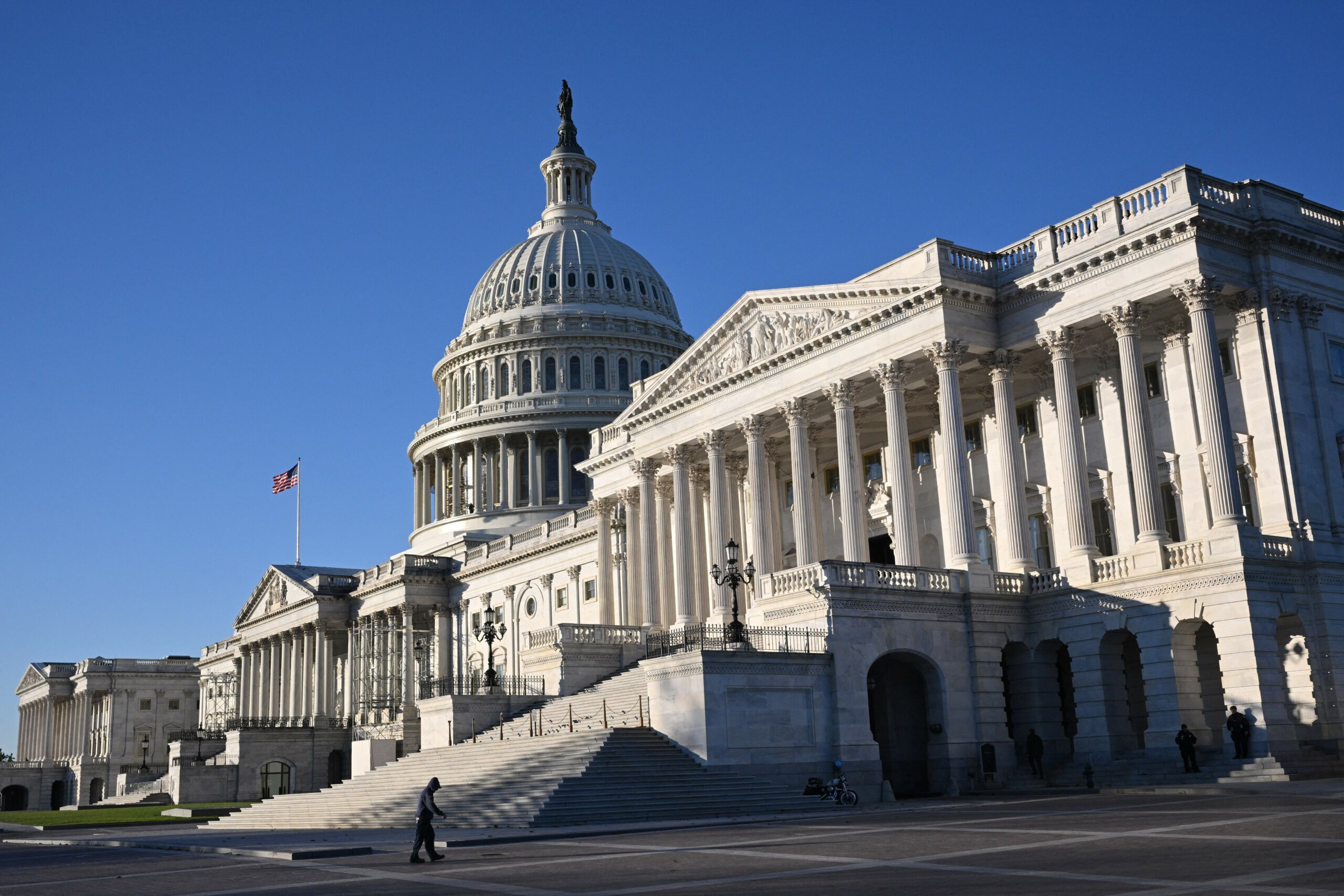A president who was supposed to be “non-ideological” has come to exemplify the rigid ideology of “conservatism without conscience”
Amidst the surreal and hyper-rapid churning of Donald Trump’s America, it can be difficult to grasp what is clownish spectacle and what is deadly serious. Is his latest Tweet a flight of fancy, a cynical distraction, or the near future of American policy? And with a new source of outrage every day, how can one remain clear-eyed about the greatest dangers posed by his administration? Because make no mistake, in spite of the reality-TV-styled performances, the dangers—from gutting health care to war with North Korea—are very real.
This is the subject tackled here by John Nichols, Washington correspondent for The Nation and author of several other RLS–NYC studies, including, most recently, “Crashing the Party: Democrats, Republicans, and the Crisis of U.S. Politics” (October 2016). His conclusion, as this study’s title indicates, is that President Trump’s agenda is disturbingly coherent, and it is based around militarism, austerity, social division, voter suppression, and right-wing authoritarianism. According to Nichols, a president who some have deemed “non-ideological” has instead come to exemplify the rigid ideology of “conservatism without conscience.”
In this study, Nichols meticulously outlines the steps taken by the new administration to put its agenda in place. In doing so, he cuts through the fog that has shrouded the political landscape for much of the past year. He digs deep into an examination of the policies and appointments that have had the greatest impact on the American polity since Trump’s election. What he finds is a president increasingly beholden to a radical right-wing base with a very clear (and terrifying) vision for America’s future.
In his examination, Nichols leaves no doubt that those who would laud Trump as post-partisan, or dismiss him as a clown, are ignoring one of the greatest direct threats to American democracy in generations. For one thing is clear: We need to understand the authoritarian danger ahead of us, and we have to develop a strategy that leads the resistance to victory.



